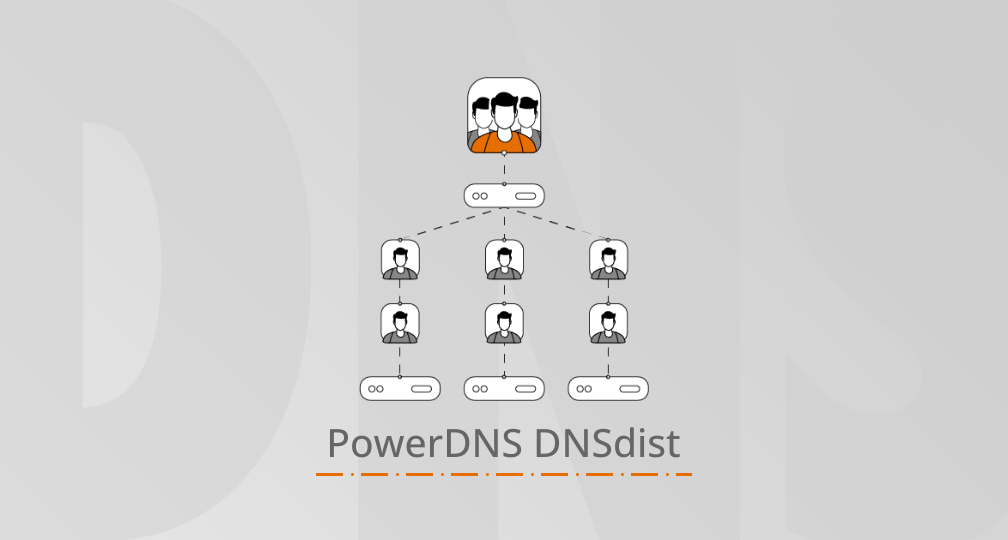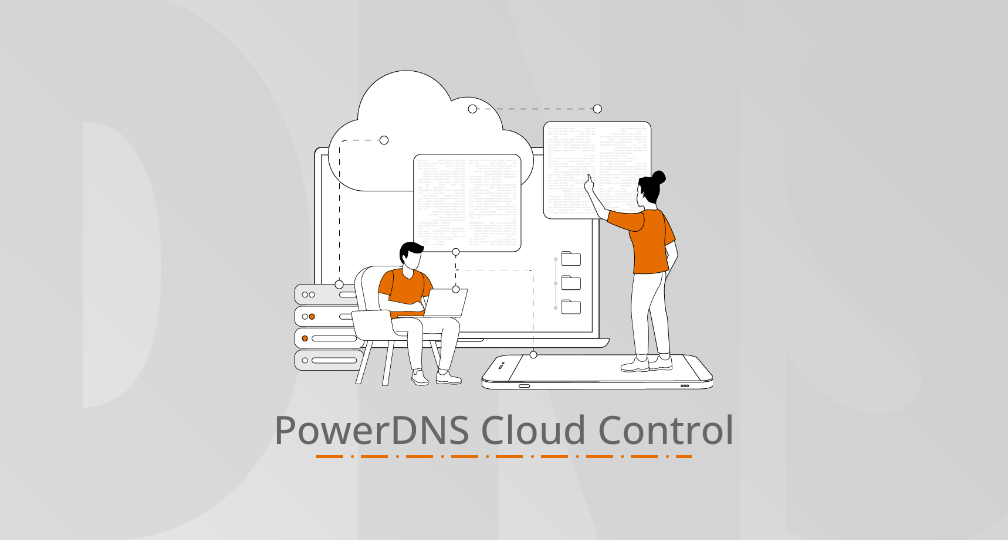
As Halloween approaches, our attention turns to the terrifying; the silly side of terrifying. Cue the usual assortment of terrible zombie makeup, laughable vampire costumes or, perhaps even worse – the person with the perfect costume who’s just tried a little too hard.
This is all good fun of course, but as we all realise in adulthood, the truly scary things in life are far earthlier – and more often than not revolve around work stress. What if my car won’t start and I’m late for that important meeting? What if I can’t get there at all? What if I can’t access my emails? What if no one can access their emails?
Let’s just consider that last scenario. What would actually happen if no one could access email? Who would be most affected and how would they respond? Would businesses cope by using workarounds such as WhatsApp or Slack, or would commerce simply grind to a halt? And how long without email would this take?
As a business communication tool, email is peerless. Other messaging tools may be as fast, or even faster, but they are not as ubiquitous or widely accepted as email. People are increasingly happy to use WhatsApp or other messaging platforms such as Slack in their personal lives or internally within business, but not when communicating between businesses. Also, real-time messaging services are no substitute for the asynchronous nature of email, nor do they provide a ubiquitous way to communicate with someone (only email addresses, phone numbers and “physical” mailing addresses really provide this).
Research shows that approximately 124.5 billion business emails are sent and received each day. Some of these will be fairly trivial or at least non-urgent, but what about the others? In some cases, a business’s reputation can depend on responding in a timely manner. Take transactions, and in particular, transaction confirmations for example. These are not easy to quickly transfer to another channel, such as the telephone, and research shows that customers are far from patient with unresponsive companies. Without email for any length of time, many companies simply wouldn’t survive.
This scenario may appear fanciful but it’s not actually as far-fetched as it seems. Most services on the internet were designed to be decentralised, with no central point of control or operation. This includes services that we all rely on every day including of course, email. A majority of personal email is handles by just four or five providers, and even business email is increasingly moving to cloud services like Office 365.
Over time internet services have become increasingly centralised into the hands of only a few companies; for example a majority amount of web traffic goes to a handful of heavily used sites (Google, Amazon, Facebook etc.). More recently DNS, a critical internet infrastructure component, which was designed deliberately with a distributed architecture, has been subject to recent efforts to further this trend by moving to a more centralised model.
Not only is the increasing centralisation of services bad for consumers, bad for competition, and bad for the internet and standards in general, it is also dangerous. The loss-of-email example presented here is only one of many possible ‘Doomsday scenarios’ that could potentially play out if too much of our internet experience is handled by too few organisations (without even starting to discuss the hot topic of the privacy implications of this model).
This is the unknown lurking in the shadows that we find truly scary. No Halloween gimmick will ever invoke such real fear – except perhaps the genuinely terrifying prospect of a doorstep full of children demanding ‘trick or treat’ when you forgot to buy any sweets…





